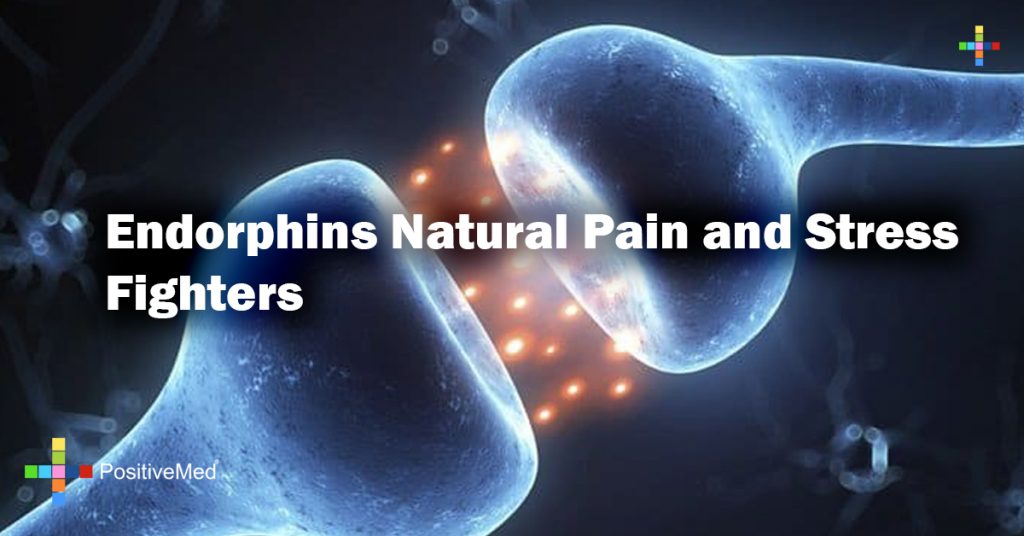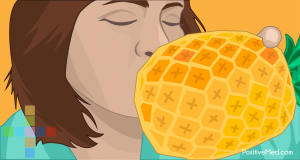
Endorphins
By: Andres Carvajal
Edited By: Stephanie Dawson
Endorphins are chemical substances that act as neurotransmitters by the body in response to several situations. With pain, endorphins are an analgesic endogen, produced by the body, not ingested because they inhibit transmission of pain. These endorphins are released within neurons, the chemical structure is similar to morphine, one of the most potent analgesic substances. Endorphins do not only work with pain regulation, but they are also involved in pleasure and happiness states, like the zone, or the high we get from exercise, sex, laughter, and fun will make our brains release endorphins to make us feel good . Because of these activities, our bodies produce chemical substances that stimulate the nervous system to create a physical and emotional response to opioids .
Increasing Endorphins
Be more social- Life can get hectic so that we have less time to visit our neighbors or have a significant conversation. Social reinforcement is crucial for our brains, like having positive relationships with others. Talking, laughing, hugs, and laughter make our mirror neurons activated which gives us the same feelings.
Have a laugh- Laughter is the best ally against stress. The immunologic system and muscles of our bodies become relaxed. When we have a good time we release endorphins, a natural analgesic.Exercise-The king of endorphin production. Any kind of exercise works and is a cheap and easy tool to help us feel better. Activities engaged in 3-4 times a week for at least 25 minutes will make changes in brain structure, making it into an anti-depressant. Low endorphins are linked to low energy, depression, and low self-esteem.
Love- Love fills us with endorphins and the hormone oxytocin which works like endorphins.
Sex- Releases a torrent of endorphins.
Music- Studies suggest that music raises endorphin levels of people in the hospital.
SourcesThe endorphin effect Practically applied psychoneuroimmunology, Journal of holistic medicine
Enkephalins and endorphins: stress and the immune system Nicholas P. Plotnikoff(1986)







